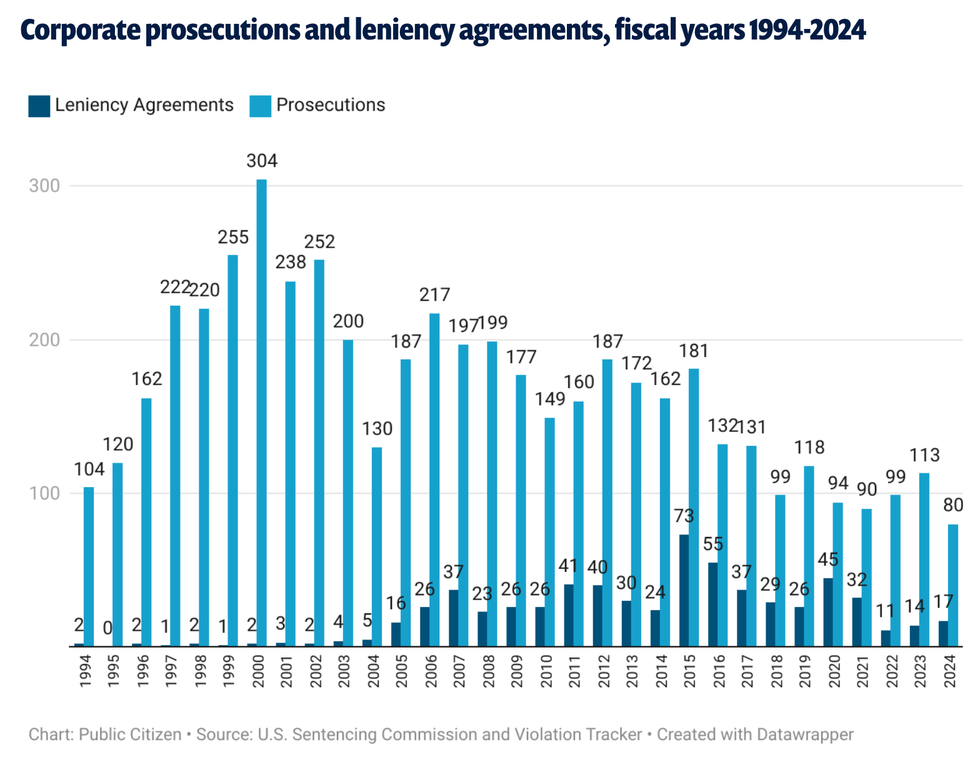As National School Choice Week continues this week (January 27 to Feb 3, 2013), the Lawyers' Committee for Civil Rights Under Law (Lawyers' Committee) reminds the nation that the use of private school vouchers does not equate to actual school choice. Furthermore, we must be mindful of the civil rights implications of private school vouchers and their fundamental inability to create true equity within schools.
Although supporters of National School Choice Week state that that school choice through the use of vouchers and charters "gives families the power to choose the best schools for their children-helping children to improve educational outcomes and increasing overall parental satisfaction" (Heritage Foundation), this statement is oversimplified and does not accurately reflect the reality faced by most students in the public school system. Those that support using federally funds to privatize our school system believe that doing so will improve educational quality and efficiency in public schools as they compete to attract the best students, much like businesses. Unlike a business, however, our public school system must accept ALL students, not simply those who are fortunate enough to be accepted. The nation's public school system was created as the great equalizer. Yet, applying a business model based on competition and profit-seeking to our schools leads to inequitable outcomes for students, which is antithetical to the concept of "equitable educational opportunity." The Lawyers' Committee believes all children should be given equal access to a quality education, and we are committed to the principles of equality embodied in the Civil Rights Act of 1964 and the landmark Brown v. Board of Education decision.
Federally funding private school vouchers creates problems and sets a dangerous precedent. In Washington D.C., for example, the voucher program has primarily led to the redirecting of funds through the shifting of certain students to private schools, thus leaving most students behind in underfunded public schools. Because voucher programs frequently cannot meet the needs of students with disabilities, low-income students, and English Language Learners (ELLs), many students are often forced to reject their vouchers because private schools may not have the resources to accommodate their special needs. Services such as subsidized breakfast and lunch, counseling, transportation and even free extra-curricular activities are not required or always offered at private schools. Thus, instead of focusing on uplifting the opportunities for ALL students, such selective funding encourages the abandonment of the vast majority of students in underfunded public schools.
Further, as more money is funneled to the private sector through vouchers and charter schools, parents across the nation are seeing the dire effects of such inequitable funding. For example, D.C. public schools are experiencing an increase in school closures, as community members cry foul (Washington Post). Rather than help close the achievement gap and provide all students equal opportunities, private school voucher programs leave our most vulnerable children behind. This is not only in D.C. Community activists from more than 15 cities across the country met with Secretary of Education Arne Duncan to voice their complaints about school closings that disproportionately affected Black and Hispanic students, and students with disabilities (New York Times).
Additionally, while public charter schools serve a purpose, they cannot supplant the public school model that was created to serve all students. Even more alarming, national trends show that charter schools are reinforcing segregation. According to a 2010 report by the UCLA Civil Rights Project , 70 percent of Black charter school students are enrolled in highly segregated schools, twice as many as their Black peers in traditional schools.
Federally funded private school voucher programs violate the promise of equality laid out in the seminal Brown decision. They are economically burdensome, divert valuable dollars from the public school system and increase taxpayer burden by financing two school systems, one private and one public. Instead of funneling money to private schools that are not accountable in their student achievement outcomes, teacher quality and even the application of civil rights law, that money should be invested in immediately better equipping and reforming the public education system.
The Lawyers' Committee believes in creating equal opportunities for all students, which includes ensuring that our children are all given the same protections and equal access to a free, quality education. During National School Choice Week, let us also remember that race, income, language, religion, or disability should not restrict one's educational opportunities, and that education "where the state has undertaken to provide it, is a right which must be made available to all on equal terms."[1] By increasing teacher quality, access to learning materials, and administrative support in public schools, we can create the opportunity for an excellent education for every child in the United States.





